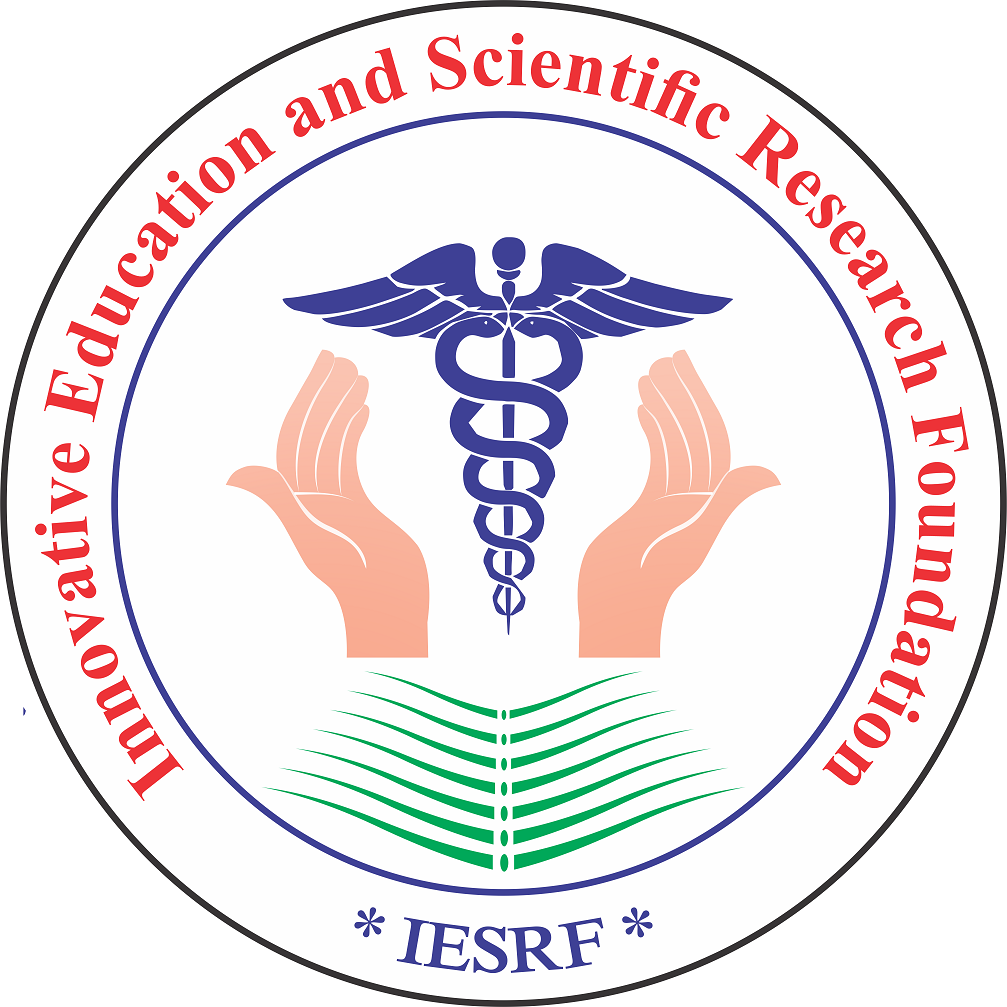- Visibility 666 Views
- Downloads 761 Downloads
- Permissions
- DOI 10.18231/j.ijogr.v.12.i.3.11
-
CrossMark
- Citation
Postpartum hemorrhage -- clinical profile and referral patterns in a tertiary care teaching institution in south Kerala, India
Aim and Objective: The aim of the present study was to review the maternal records of cases of PPH and to evaluate the clinical profile, risk factors & referral patterns associated with PPH at our tertiary care centre
Materials and Methods: A hospital record based retrospective study was conducted in obstetrics & gynecology department, Government Medical college Thiruvananthapuram & women who gave birth after 28 weeks of gestation who had PPH after normal vaginal delivery or caesarean between January 2019 and January 2021 were the participants.
Results: In the present study 31.9% with PPH were from 26- 30yrs. Majority (58%) of the study population were booked cases and 67.2% of study participants had regular antenatal visits. 78.1% of the referred cases had received proper initial emergency management of PPH before referring to tertiary centre, which might be attributed to introduction of regular training programmes of KFOG like EMOCALS workshop, ORRT, MDNMSR. Anaemia (34.4%) and GHTN (20.1%) were the common risk factors among pph patients. Out of 119, 55% had minor PPH. Atonic PPH was the major cause of PPH (52.5%) followed by traumatic PPH (30.8%) which in majority were managed medically Near- miss were 21% and 3.4% of mothers succumbed to death.
Conclusion: Post-partum haemorrhage is a leading cause of maternal mortality and morbidity especially in developing countries. Correcting the avoidable risk factors, active management of 3rd stage of labour and promote institutional deliveries are key steps in preventing PPH. Timely referral, regular training of the health care workers to tackle obstetric emergencies is crucial and mandatory to reduce the maternal mortality due to obstetric haemorrhage.
References
- AbouZahr C, Wardlaw T. Maternal mortality in 2000: Estimates developed by WHO, UNICEF, and UNFPA. Geneva: World Health Organization; 2000.
- Li XF, Fortney JA, Kotelchuck M, Glover LH. The postpartum period: the key to maternal mortality. Int J Gynaecol Obstet. 1996;54(1):1–10.
- Starrs A, Inter-Agency Group for Safe Motherhood (IAGSM). The safe motherhood action agenda: Priorities for the next decade. Report of the safe motherhood technical consultation, 18–23 October 1997, Colombo, Sri Lanka. New York: Family Care, International and the Inter-Agency Group for Safe Motherhood;
- Calvert C, Thomas SL, Ronsmans C, Wagner KS, Adler AJ, Filippi V, et al. Identifying regional variation in the prevalence of postpartum haemorrhage: a systematic review and meta-analysis. PLoS One. 2012;7(7):e41114.
- Jahn A, De Brouwere V. Referral in pregnancy and childbirth: Concepts and strategies. In: De Brouwere V, Lerberghe VW, editors. Safe motherhood strategies: A review of the evidence. Studies in Health Services Organization and Policy. Antwerp, Belgium: ITG Press; 2001. p. 17.
- Sibley L, Sipe TA, Koblinsky M. Does traditional birth attendant training improve referral of women with obstetric complications: a review of the evidence. Soc Sci Med. 2004;59(8):1757–68.
- McCarthy J, Maine D. A framework for analyzing the determinants of maternal mortality. Stud Fam Plann. 1992;23(1):23–33.
- Thaddeus S, Maine D. Too far to walk: maternal mortality in context. Soc Sci Med. 1994;38(8):1091–110.
- Sheikh L, Najmi N, Khalid U, Saleem T. Evaluation of compliance and outcomes of a management protocol for massive postpartum hemorrhage at a tertiary care hospital in Pakistan. BMC Pregnancy Childbirth. 2011 Apr 13;11:28.
- Ajenifuja KO, Adepiti CA, Ogunniyi SO. Post-partum haemorrhage in a teaching hospital in Nigeria: A 5-year experience. Afr Health Sci. 2010;10(1):71–81
- Tondge G, Burande A. A retrospective study of cases of postpartum haemorrhage at tertiary health care centre. Indian J Obstet Gynecol Res. 2018;5(3):322–6
- Duhan L, Nanda S, Sirohiwal D, Dahiya P, Singhal S, V. A retrospective study of maternal and perinatal outcome in patients of postpartum haemorrhage in a tertiary care hospital. Int J Reprod Contracept Obstet Gynecol. 2017;5(6):1897–901. 426 Lakshman et al. / Indian Journal of Obstetrics and Gynecology Research 2025;12(3):419–426
- Henry A, Birch MR, Sullivan EA, Katz S, Wang YA. Primary postpartum haemorrhage in an Australian tertiary hospital: a case- control study. Aust N Z J Obstet Gynaecol. 2005;45(3):233–6.
- Dashora S, Dhanjani K, Soliriya V, Bhatia S, Gupta A. Evaluation of clinical profile of post-partum hemorrhage at a tertiary care center. Int J Med Sci Educ. 2019;6(4):105–9.
- Goonewardene M, de Silva C, Medawala M, Karunarathna S. The occurrence, management and outcomes of post partum haemorrhage in a teaching hospital in Sri Lanka. Sri Lanka J Obstet Gynaecol. 2012;34(4):144–54.
How to Cite This Article
Vancouver
Lakshman L, Harshan A, Shenoy HT, B R, Jameela S. Postpartum hemorrhage -- clinical profile and referral patterns in a tertiary care teaching institution in south Kerala, India [Internet]. Indian J Obstet Gynecol Res. 2025 [cited 2025 Oct 24];12(3):419-426. Available from: https://doi.org/10.18231/j.ijogr.v.12.i.3.11
APA
Lakshman, L., Harshan, A., Shenoy, H. T., B, R., Jameela, S. (2025). Postpartum hemorrhage -- clinical profile and referral patterns in a tertiary care teaching institution in south Kerala, India. Indian J Obstet Gynecol Res, 12(3), 419-426. https://doi.org/10.18231/j.ijogr.v.12.i.3.11
MLA
Lakshman, Lisha, Harshan, Adma, Shenoy, Heera Trivikrama, B, Ranjana, Jameela, Simi. "Postpartum hemorrhage -- clinical profile and referral patterns in a tertiary care teaching institution in south Kerala, India." Indian J Obstet Gynecol Res, vol. 12, no. 3, 2025, pp. 419-426. https://doi.org/10.18231/j.ijogr.v.12.i.3.11
Chicago
Lakshman, L., Harshan, A., Shenoy, H. T., B, R., Jameela, S.. "Postpartum hemorrhage -- clinical profile and referral patterns in a tertiary care teaching institution in south Kerala, India." Indian J Obstet Gynecol Res 12, no. 3 (2025): 419-426. https://doi.org/10.18231/j.ijogr.v.12.i.3.11
